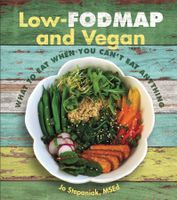Advertisement
Artificial sweeteners
By Jo Stepaniak
Published 2016
Sugar substitutes, known as artificial sweeteners, are substances used instead of sucrose (table sugar) to sweeten foods and beverages. Artificial sweeteners are made from sugar alcohols, or polyols, such as erythritol, maltitol, sorbitol, xylitol, and numerous others, which are types of sweet carbohydrates found naturally in foods or processed from other sugars. The body cannot digest most polyols, so they travel to the large intestine where they are metabolized by the gut bacteria and can cause significant digestive distress, including gas, bloating, and diarrhea. Sugar alcohols are commonly added to “sugar-free” beverages, candies, chewing gums, and similar items. Read labels carefully and avoid products that contain these or other artificial sweeteners.

